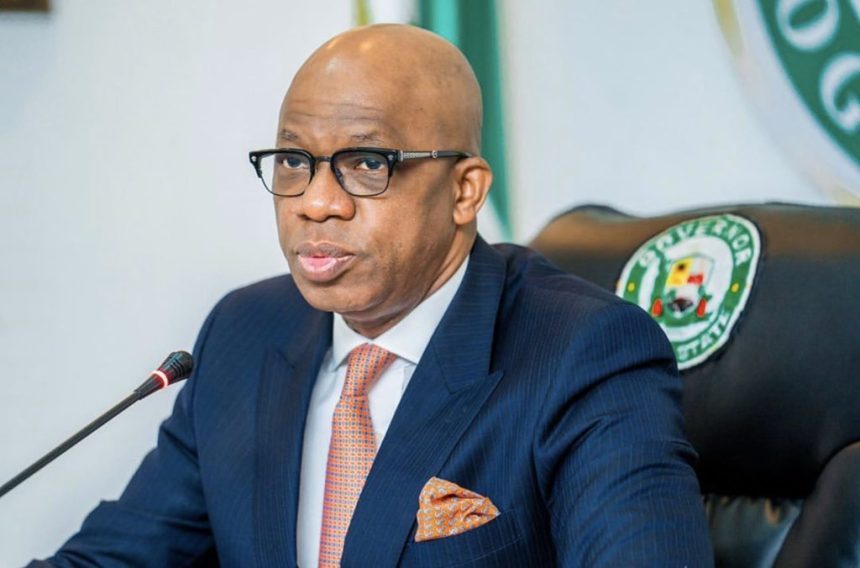Urban planning professionals and real estate developers have called on the Lagos and Ogun State governments to urgently enforce building regulations and invest in critical infrastructure to combat the spread of slums and bring structure to Nigeria’s rapidly expanding urban areas.
The appeal was made during a two-day workshop in Abeokuta, Ogun State, hosted by the Association of Town Planning Consultants of Nigeria (ATOPCON). The event, themed “The Impact of Emerging Technologies on Urban and Regional Planning: Challenges and Opportunities,” brought together key stakeholders from the public and private sectors.
Speaking at the event, Babatunde Adeyemo, Managing Director of Pelican Valley Nigeria Limited, criticized the lack of policy implementation as the root of urban decay. “The issue is not policy creation but poor implementation. You can’t clear villages without providing infrastructure. Who will live there?” he said, citing the Muhammadu Buhari Estate in Kobape as a failed development due to inadequate planning.

ATOPCON President Bisi Adedire echoed these concerns, accusing government officials of undermining planning regulations. He referenced a long-standing land dispute in Ota, where two conflicting Certificates of Occupancy were issued by the same government. “We have written to all the relevant authorities, but nothing has been done,” Adedire lamented.
Professor Muyiwa Agunbiade of the University of Lagos criticized the analog approach to land administration in Ogun State, which he said fosters abuse and inefficiency. “We’ve been saying for 20 years that the Mowe–Ibafo corridor needs planning. It’s now a mega slum,” he warned. “The reluctance to go digital is because the current system benefits a few.”
Odunayo Ojo, Managing Director of UPDC, emphasized the role of law enforcement in fostering public-private partnerships. “No society thrives without order. When planning laws are enforced, the private sector can confidently invest,” he stated.
In response to the criticisms, Ogun State’s Senior Special Adviser on Urban and Regional Planning, Abiodun Adewolu, acknowledged existing challenges, including poor road networks and overcrowding. He called on citizens to respect planning laws and participate in building livable cities.
From Lagos State, Oluwole Sotire, Permanent Secretary at the Ministry of Physical Planning and Urban Development, stressed the need for balanced accountability. “While citizens must pay taxes, the government must also ensure transparent and beneficial planning,” he said.
The experts reached a consensus on the urgent need for state governments to enforce existing planning laws, embrace digital tools, and involve stakeholders in decision-making processes to ensure sustainable urban development.



